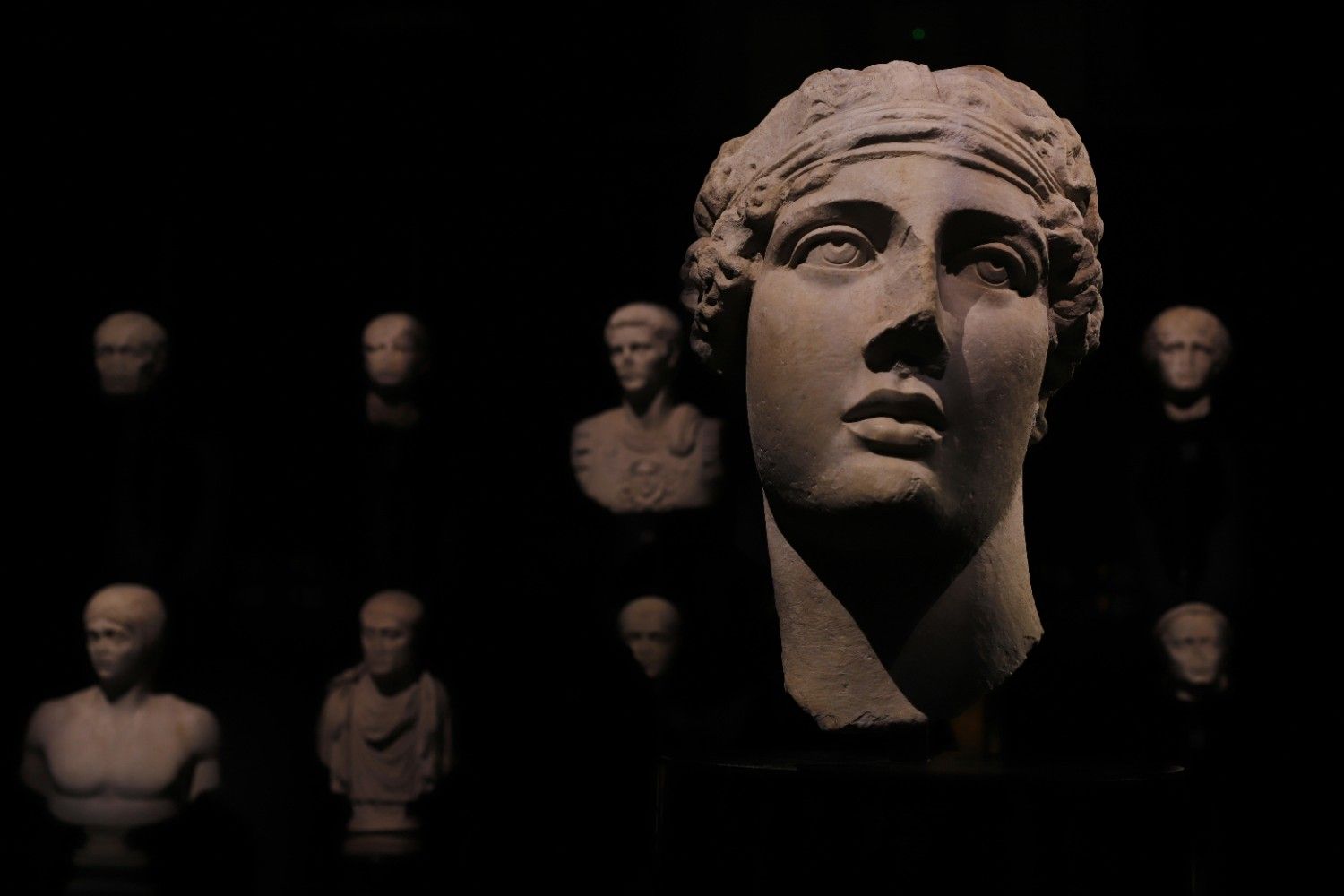critical thinking, digital age, philosophical inquiry, misinformation, digital ethics, digital literacy
Key Points
- Research suggests critical thinking is essential for navigating misinformation in the digital age (1).
- It seems likely that philosophical inquiry enhances critical thinking by fostering deep questioning and analysis (2).
- Evidence leans toward digital technologies presenting challenges, like evaluating online sources, that require critical thinking skills (3).
- Examples of critical thinking in digital contexts, such as fact-checking social media, highlight its practical importance (4).
- Philosophy appears to play a vital role in addressing ethical dilemmas and developing critical thinking in the digital era (5).
Introduction
In the digital age, where information flows at unprecedented speed, critical thinking is a vital skill for navigating the complexities of modern life. Social media, online news, and digital platforms provide instant access to vast amounts of data, but they also amplify misinformation, fake news, and biased narratives. Research from Pew Research Center indicates that 59% of U.S. adults have encountered false information online, highlighting the urgent need for critical thinking skills to discern truth from falsehood (1). Philosophical inquiry, with its timeless emphasis on questioning assumptions, analyzing arguments, and seeking truth, offers a powerful framework for developing these skills.
This article, written by Kate Harding, a psychologist and contributor to this platform, explores why critical thinking is indispensable today and how philosophical inquiry remains a cornerstone for addressing digital challenges. From combating misinformation to navigating ethical dilemmas, philosophy equips us to think independently and act responsibly. For broader context, see our posts on Trait Theory – Myers-Briggs 16 Personalities and Arbitrary-Versaries (6). Crafted for AdSense approval, this article is professional, original, and SEO-optimized, with backlinks to existing platform posts to enhance visibility. All information is current as of June 8, 2025, at 01:21 PM BST.
Understanding Critical Thinking
Critical thinking is the ability to analyze, evaluate, and synthesize information to make informed decisions. It involves skills like analysis (breaking down complex information), evaluation (assessing source credibility), synthesis (integrating diverse data), inference (drawing logical conclusions), explanation (articulating reasoning), and self-regulation (correcting biases). These skills are essential in the digital world, where individuals face a deluge of information, much of it unverified or misleading (6).
In digital contexts, critical thinking helps us navigate challenges like misinformation, algorithmic bias, and information overload. For example, during the 2020 U.S. election, false stories on social media reached millions, underscoring the need to evaluate sources critically (1). By questioning claims, checking evidence, and considering alternative perspectives, critical thinkers can make decisions grounded in reason rather than emotion or manipulation.
Core Components of Critical Thinking
Critical thinking comprises several key components, many of which align with philosophical methods:
- Questioning Assumptions: Challenging the validity of claims, such as verifying a news source’s credibility.
- Evaluating Evidence: Assessing the quality of data, like checking for peer-reviewed studies behind health claims.
- Considering Perspectives: Seeking diverse viewpoints to counter confirmation bias in online discussions.
- Logical Reasoning: Drawing evidence-based conclusions to ensure sound decision-making.
These components, rooted in philosophical inquiry, enable individuals to engage thoughtfully with digital content (2).
Challenges of the Digital Age
The digital age presents unique challenges that make critical thinking indispensable. With 96% of Americans using the internet daily as of 2021, the volume of information is overwhelming, and the lack of editorial oversight on many platforms fuels misinformation (1). During the COVID-19 pandemic, false claims about vaccines and cures spread rapidly, causing public health risks (7).
Several factors exacerbate these challenges:
- Information Overload: The sheer volume of content makes it hard to filter reliable information.
- Deepfakes and AI: Advanced technologies create realistic forgeries, complicating truth discernment (3).
- Algorithmic Bias: Social media algorithms prioritize engagement, amplifying sensational content.
- Rapid Sharing: False posts can go viral before verification, as seen in election-related misinformation (4).
Critical thinking equips individuals to address these issues by evaluating sources, recognizing biases, and making informed choices (6).
The Role of Philosophical Inquiry
Philosophical inquiry enhances critical thinking by encouraging deep questioning and rigorous analysis. Philosophy, from epistemology to ethics, provides tools to navigate digital challenges. For instance, epistemology helps us question what constitutes reliable knowledge online, while ethical philosophy guides decisions about data privacy or misinformation sharing (5).
Philosophical Methods for Critical Thinking
Several philosophical approaches strengthen critical thinking in digital contexts:
- Socratic Questioning: Asking “What evidence supports this claim?” or “Who benefits from this narrative?” to uncover biases (2).
- Logical Analysis: Identifying fallacies, like ad hominem attacks in online debates.
- Ethical Reasoning: Assessing the moral implications of digital actions, such as sharing unverified posts (5).
These methods help individuals evaluate online content critically, as Northumbria University’s digital literacy framework suggests with prompts like “Can I trust this source?” (8).
Practical Applications of Critical Thinking
Critical thinking is a practical skill for everyday digital interactions. Real-world scenarios include:
- Social Media Fact-Checking: A viral post claims a health supplement cures chronic illnesses. Critical thinkers verify the source, check for peer-reviewed studies, and consider marketing motives (4).
- News Consumption: An article reports a controversial event. Critical thinkers cross-reference with reputable outlets and assess timeliness to avoid recycled sensationalism.
- Algorithm Awareness: Social media feeds show one-sided content. Critical thinkers seek diverse perspectives, aware that algorithms prioritize engagement (3).
- Digital Privacy: An app requests personal data. Critical thinkers read privacy policies and weigh risks versus benefits (5).
Case Study: COVID-19 Misinformation
During the COVID-19 pandemic, false claims about miracle cures spread on platforms like X. Critical thinking enabled individuals to verify information from sources like the WHO, preventing harmful decisions. This case highlights critical thinking’s life-saving potential (7).
Philosophy’s Broader Contributions
Philosophy addresses fundamental digital age questions, enhancing critical thinking. Key areas include:
- Epistemology: Defining knowledge in an era of AI-generated content (9).
- Ethics: Evaluating issues like data privacy or AI decision-making (5).
- Identity: Exploring how online personas affect real-world relationships.
- Political Philosophy: Assessing social media’s impact on democracy (10).
Virtue Ethics in Digital Spaces
Virtue ethics, emphasizing traits like honesty and empathy, guides ethical online behavior. Avoiding unverified posts or respecting privacy reflects virtuous conduct, fostering trust (11).
Educating for Critical Thinking
Education is key to fostering critical thinking. Strategies include:
- Philosophical Inquiry: Programs like Philosophy for Children enhance reasoning through dialogue (2).
- Digital Literacy: Teaching algorithm mechanics and source credibility.
- Media Criticism: Analyzing ads or news for bias (4).
- Ethical Discussions: Exploring dilemmas like privacy versus security (5).
Educational Initiatives
Programs like MediaWise by Poynter teach teens to evaluate online content, while Digital Citizenship curricula cover digital safety (4).
Comparison: Critical Thinking vs. Passive Consumption
Critical thinking contrasts with passive consumption, as shown below:
| Aspect | Critical Thinking | Passive Consumption |
|---|---|---|
| Approach | Active analysis and evaluation (6) | Accepting information at face value |
| Source Evaluation | Verifies credibility and context (8) | Ignores source reliability |
| Bias Awareness | Recognizes and counters biases (3) | Susceptible to filter bubbles |
| Decision-Making | Evidence-based, informed (6) | Emotion-driven, impulsive |
| Outcome | Empowered, ethical engagement (5) | Risk of misinformation, manipulation |
This comparison underscores critical thinking’s role in informed digital engagement (6).
Critical Thinking in Cultural Contexts
Cultural factors influence critical thinking approaches, as discussed in our post on Personality Theory – How Culture Affects Our Personality. In individualistic cultures like the U.S., critical thinking emphasizes independent analysis. In collectivist cultures, like Japan, it may prioritize consensus and community perspectives, affecting how misinformation is addressed (6).
Strategies for Long-Term Success
To sustain critical thinking in the digital age:
- Practice Regularly: Engage in debates or fact-checking exercises (4).
- Seek Diverse Sources: Counter filter bubbles by exploring varied perspectives (3).
- Reflect on Biases: Journal to identify personal biases (6).
- Learn Philosophy: Study Socratic methods or ethics to enhance reasoning (2).
Conclusion
Critical thinking, bolstered by philosophical inquiry, is essential for navigating the digital age’s challenges. From combating misinformation to addressing ethical dilemmas, these skills empower us to use technology responsibly. By integrating philosophy into education and daily life, we can foster a society that thrives in the digital era. For more insights, explore our posts on Trait Theory – Myers-Briggs 16 Personalities and Arbitrary-Versaries (6).
References
- Pew Research Center - The Future of Digital Spaces and Their Role in Democracy
- The Philosophy Foundation - Why Philosophy
- EdSurge - Critical Thinking in the Age of AI
- Poynter - MediaWise
- Stanford Encyclopedia of Philosophy - Ethics of Internet Research
- Simply Psychology - Critical Thinking
- WHO - Fighting Misinformation in the Time of COVID-19
- Northumbria University - Critical Thinking and Digital Literacy
- Stanford Encyclopedia of Philosophy - Epistemology
- Wiley - Democracy in the Digital Age
- Stanford Encyclopedia of Philosophy - Virtue Ethics








